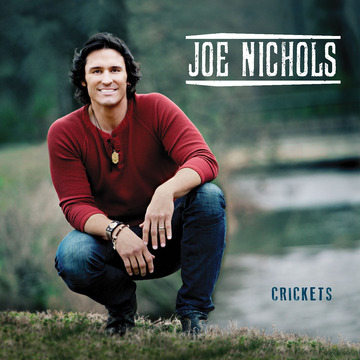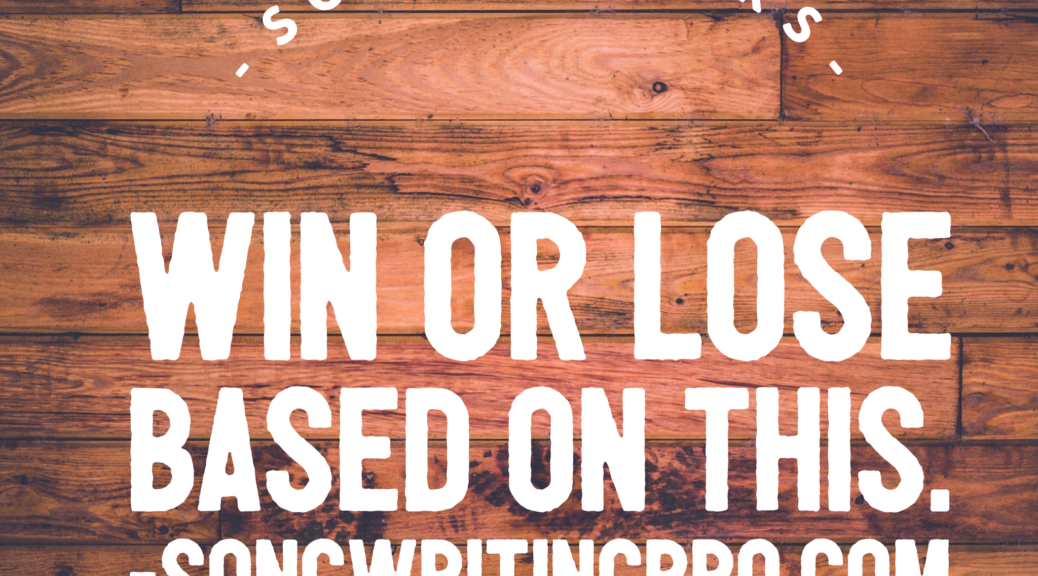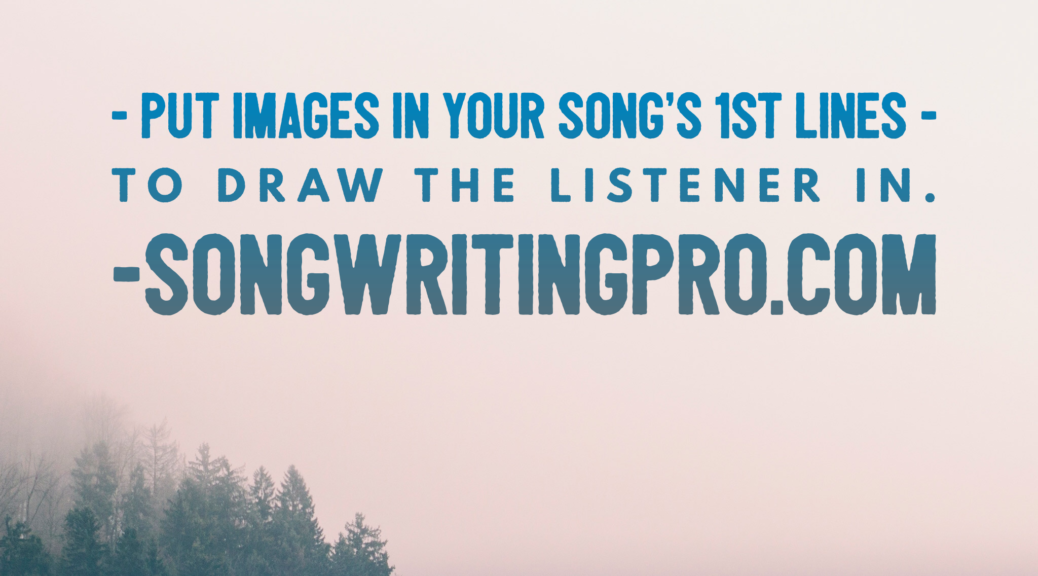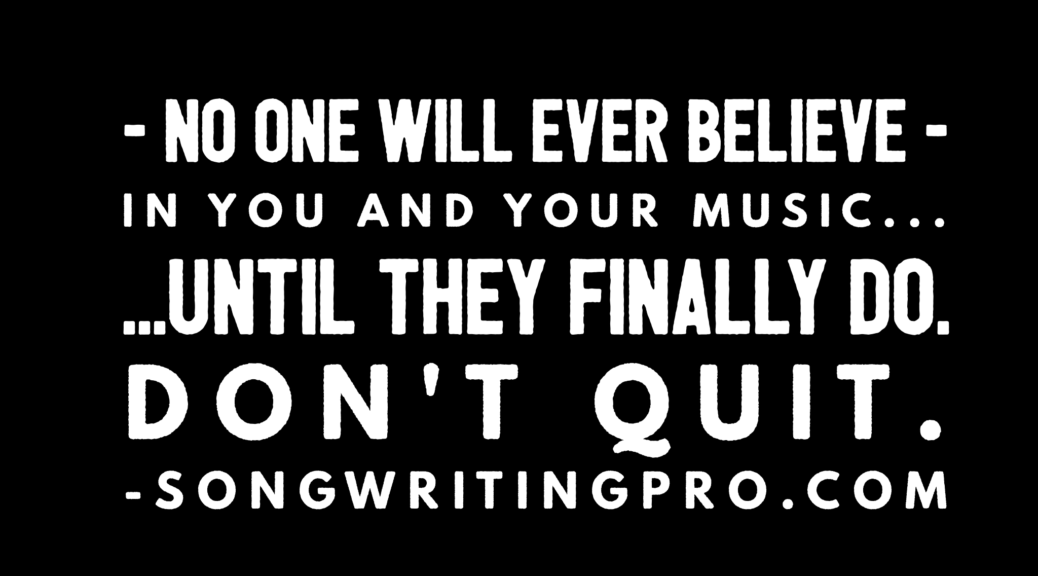
It’s true for real estate, and it’s true for songs.
My last couple of posts talked about how your songwriting can “Fill The G.A.P.S.” or get you “P.U.L.’D. To Success.” Today, I want to talk about the most important thing in real estate (and important in songwriting): location, location, location…
In probably any town, certain neighborhoods have certain personalities. One neighborhood is full of SUV-driving soccer moms. Another is mostly middle-class country folk. Another is college kids, another is hipsters, etc.
Musically-speaking, most artists put down roots in one neighborhood.
They spend most of their time there, only venturing out to the adjacent neighborhoods every now and then. This is another way of talking about branding. An artist’s brand says, “I live in THIS neighborhood. I’m like THESE people, and I sing about them and for them.”
For example, an artist’s music may be most “at home” with the good ‘ol party boys. Most of his music is for those good ‘ol boys- bonfires and tailgates. The “good ‘ol party boy” artist doesn’t usually venture into the soccer mom neighborhood, where the music is more about family, lifelong love, kids, etc.
Most songs are also “at home” in certain neighborhoods. Some songs are built for the rednecks, some for the high school girls, some for their moms, some for the blue collar dads, etc.
But remember, most ideas can be built to fit in any of several neighborhoods.
It just depends how you frame the idea (pun intended). The choices you make will determine your song’s neighborhood.
For example, Craig Morgan’s “Redneck Yacht Club” and Little Big Town’s “Pontoon” are basically about the same thing- getting out on the water. But the songs (houses) were built in different neighborhoods and attracted a different kind of artist. Even though the basic ideas of the songs are similar, Little Big Town wouldn’t feel at home moving into Craig’s neighborhood, and vice versa.
When you think about where to build your song, it’s wise to think about the property values in the different neighborhoods.
Are the houses in the “good ‘ol party boys” neighborhood in high demand? Are the houses in the blue-collar-working-man in low demand? What type of song are artists cutting?
I was blessed to have Joe Nichols cut a song of mine on his most recent album. The song became the album’s title, “Crickets.” We built the song in Joe’s neighborhood, and I’m glad he liked it enough to move in!

But what about “Crickets” put it in Joe’s neighborhood? Well, first off, it’s country. Pretty dang country. Joe’s done some more modern stuff here and there, but he has a deep love for country songs that are really country. Also, Joe has also recorded several songs that are funny or tongue-in-cheek, such as “Tequila Makes Her Clothes Fall Off.” He’s not afraid to poke a little fun at himself, either, so “Crickets” seemed like a really good fit. I’m glad Joe thought so, too!
The concept of “Neighborhoods” is important if you want to write commercial songs. I go into more depth on the topic in “Cut/able,” and it’s one of the lessons we’ll be discussing in our C4 Experience.

In my last post, I promised to tell you what “C4” means, so here it is.
C4:
Creative
Commercial
Coaching
Community
The C4 Experience is about celebrating your creative spirit and sharpening your commercial songwriting, guided by expert coaching and encouraged by a supportive community.
Let’s look at each part of this:
Creative:
I want to celebrate you because I’m a fan of you! I love dreamers and doers. And while I take the craft of songwriting very seriously, I believe it should be fun. If you’ve ever been to one of my workshops or live events, you know I like to have fun while I’m teaching- so you can have fun while you’re learning. And I also believe you can be creative while being commercial, which brings me to the next “C.”
Commercial:
This workshop series is for songwriters that want to write commercially successful songs- either for yourself or for others to sing. By the end of this workshop, my goal is for your songwriting to be a lot more commercial.
Coaching:
Each two-hour session will begin with 30 minutes of teaching and a lesson review. Each lesson will be based on one of the four sections of “Cut/able.” You’ll do the reading and exercises before each workshop, and we’ll meet online to discuss the lesson and answer any questions. Each student will also receive 45 minutes of “spotlight coaching.” This is a time for us to focus on YOU- your situation, your challenges, and your songs. I’ll lead, but the other students can also give their advice.
Community:
The C4 Experience is limited to just 8 students, so there will be time to get to know everyone else in the group over our 8 hours together over 4 nights. You’ll encourage each other and probably find out that your challenges aren’t that different from anyone else’s. Successful commercial songwriting is a team sport, and this just may help you build that team.
HOW DOES C4 WORK?
The C4 Experience is an online event, so you can join in from anywhere there’s an internet connection. You do NOT have to be in Nashville. You can join us from anywhere in the world. We’ll meet via Fuze, an online videoconferencing platform. Basically, I’ll send you a link before each session, and you just click to join in. If you have questions, you can find out more about Fuze, here:
System requirements
Join Fuze meeting through an internet browser
We’ll meet 4 times (that’s where the “4” in “C4” comes from):
Tuesday, January 12, 7:30pm to 9:30pm (Central time)
Tuesday, January 25, 7:30pm to 9:30pm (Central time)
Tuesday, February 9, 7:30pm to 9:30pm (Central time)
Tuesday, February 23, 7:30pm to 9:30pm (Central time)
Each night will begin with a 30-minute lesson from “Cut/able.” We’ll work through the workbook in order:
*Session 1- W.I.L.L.power: Proving Personality & Emotions Through Your Lyrics (Connect on a deeper level with the artist and listener through effective use of imagery.)
*Session 2- PUL’D To Success: The Value of Positive, Uptempo, Love/Depth Songs (Give the artists what they need, give radio what it wants, and give the fans what they like by learning the importance of writing positive, uptempo, love/depth songs.)
*Session 3- Neighborhoods: Where Will You Build A Home For Your Songs? (Develop skills to identify an artist’s “brand” so you can write songs that fit that brand and speak to the artist’s core audience.)
*Session 4- Fill The G.A.P.S.: Growth, Achievement, Preaching/Positioning, Songwriting (Pinpoint areas of opportunity within an artist’s catalog- slots you can fill with your songs, songs that fit the artist’s brand without being just like what they’ve already done.)
After the lesson/Q&A, we’ll do two 45-minute spotlight coaching sessions. We’ll focus on one of the group members each session (two per night). Each of the eight community members will get his or her own spotlight over the course of the event.
The cost of the entire C4 Experience is $250, which is a great deal. It works out to $31.25 an hour. I usually charge $150 for just one hour of coaching. But with C4, you get 4 30-minute lessons with Q&A and a personalized 45-minute spotlight coaching session. PLUS, you get to participate in the spotlight sessions of the 7 other songwriters. Believe me, there will be plenty you can learn from their sessions, too!
An average demo in Nashville currently costs anywhere from $500 to $1000. That’s just for ONE SONG. That’s a fine investment if your song is commercially strong. If it isn’t… you just wasted a lot of your money. Wouldn’t it be better to spend $250 to keep from wasting $1000 or more (again and again)? For less than the price of demoing one song, you can learn how to write song after song after song that’s worth demoing!
BONUS!
Since we’ll be learning from my workbook, “Cut/able,” it only makes sense to give you a copy when you join C4. It sells for $25, but I’ll throw it in for free. (If you already own “Cut/able,” there’s a discount code in the back of the workbook. Use it at checkout, and it’ll knock $25 off the price, so it’s like you get it for free!) Click here to find out more about “Cut/able.”
Tickets for this event are on sale NOW. There are only 8 spots open, and I expect them to go fast- so don’t wait too long and miss your chance to take your songwriting to the next level!
I look forward to seeing you in January- CLICK HERE or on the image below to reserve your spot now!

God Bless and Enjoy the Journey,
Brent
Brent Baxter is a hit songwriter with cuts by Alan Jackson, Randy Travis, Lady Antebellum, Joe Nichols, Gord Bamford, Ruthie Collins, Ray Stevens, and more. He’s written a top 5 hit in the US and a #1 in Canada… so far.





























